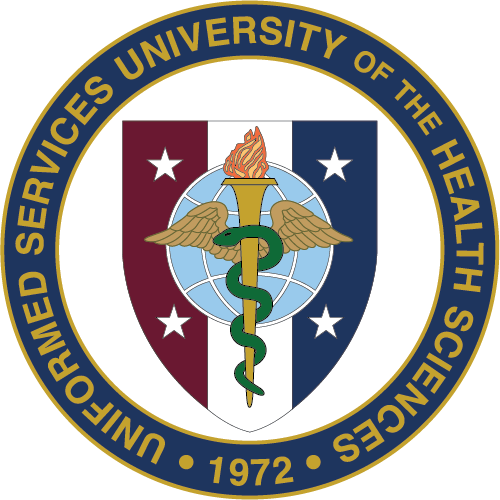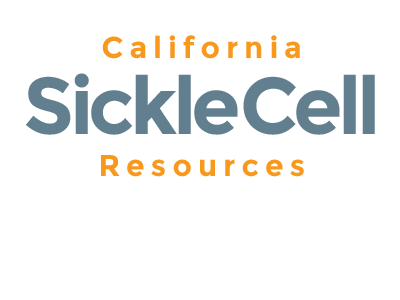When COVID-19 emerged in year 2020, there was an immediate need to understand COVID-19 outcomes among individuals with sickle cell disease (SCD).
Addressing School-Related Inequities for Individuals Living with Sickle Cell Disease During the COVID-19 Pandemic and Beyond
This presentation will give a broad overview of the perceived hesitations, current data, and future direction of physical activity in sickle cell disease.
Claudine Mathews from the UK’s National Health Service, talks about nutrition. Integrating Nutrition as a management option in Sickle Cell Disease: A Call to Action
Community Engaged Education Materials for SCD Gene Therapy
Cayenne Wellness Center, Sickle Cell Consortium Axis Advocacy and SCAASF FREE AND OPEN TO THE ENTIRE SICKLE CELL COMMUNITY
New Data from CA SCDC: Sickle Cell Disease Activities October 2020 – January 2021
Advancing World-Class Science and Patient Engagement: CIRM’s Sickle Cell Disease Portfolio CIRM’s research programs.
End-of-Life Healthcare Utilization in Sickle Cell Disease and the�Palliative Care Model
SCDC Program Findings and Activities + Future Directions
Diversifying the Blood Donor Pool: The need for African American donors to support Sickle Cell Patients
Adult Health Care for Sickle Cell Disease: How to Make it Better
This webinar is on collaboration and community in sickle cell. Dr. Nik Abdul Rashid and Ms. Linetta Barnes from Nevada will present on how a clinical group and community-based organization work together to improve care and quality of life for people living with sickle cell disease.
What’s new at the Sickle Cell Disease Association of America (SCDAA) ? Presented by Ms. Beverley Francis-Gibson, SCDAA President and CEO, and Dr. Biree Andemariam, SCDAA Chief Medical Officer
Stepping Up into Adult Care: The Sickle Cell Trevor Thompson Transition (ST3P-UP) Project. Presented by Dr. Ifeyinwa (Ify) Osunkwo, Carolinas HealthCare System, and Dr. Raymona Lawrence, Georgia Southern University.
Community Health Workers and Mobile Apps for Transition from Pediatric- to Adult-focused Sickle Cell Care. Presented by Dr. Kim Smith-Whitley, Clinical Director of the Division of Hematology and Director of the Comprehensive Sickle Cell Center at Children’s Hospital of Philadelphia.
Innovations in Health Care Transition from Pediatric to Adult Care. Nov 1, 2018 10:00 AM PDT. Peggy McManus, MHS, and Patience White, MD, MA, from the “Got Transition?” program will speak about innovations in health care transition from pediatric to adult care. Register for Webinar ->
Wally R. Smith, MD is the Florence Neal Cooper Smith Professor of Sickle Cell Disease at Virginia Commonwealth University (VCU). He also serves as the Vice-Chairman for Research of the Division of General Internal Medicine and is the former Scientific Director of the Center on Health Disparities at VCU. In addition, he is a member […]
Michigan’s plan for sickle cell disease across the lifespan: Lessons learned for California. The Michigan Department of Health and Human Services created a state action plan for sickle cell in 2015 that is being used as a model plan by the federal Health Resources & Services Administration.
Come hear lessons learned and recommendations stemming from the National Institute for Children’s Health Quality (NICHQ)-led Sickle Cell Disease Treatment Demonstration Program. The national program focused on improving the quality and access to care for patients with sickle cell disease.
Neuropathic pain: Can stress and pain itself cause a sickle crisis? by Dr. Thomas Coates. Tuesday, November 14, 2017, from 10-11:30 am PDT. Dr. Coates is the section head of Hematology in the division of Hematology Oncology at Children’s Hospital Los Angeles, and the University of Southern California.
Reducing transfusion complications and other surveillance-supported efforts in hemoglobin disorders. By Dr. Angela Snyder, Dr. Jane Branscomb and Dr. Ross Fasano.
Evaluating and Addressing Challenges to Optimal Sickle Cell Disease Care, Within the Health Literate Care Model. Dr. Marsha Treadwell, Clinical Scientist at the UCSF Benioff Children’s Hospital Oakland.
A Case Study: A few dedicated professionals discuss how and why they created a new county clinic in South Los Angeles.
Translating Health Services Research in Sickle Cell Disease to Policy.
Enhancing Access to care for Sickle Cell Disease in South Carolina.
Emerging Treatments in SCD.
Older Adults and Sickle Cell Disease.
Project Introduction, presented by Susan Paulukonis and Mary Hulihan.



